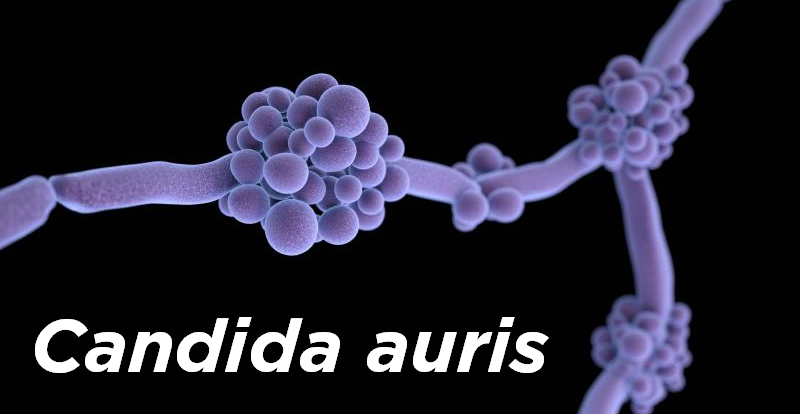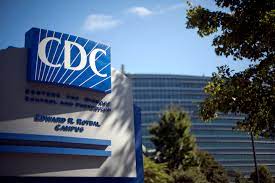Candida Auris (C. auris) is in Dallas per the Centers for Disease Control and Prevention today. They have evidence that the untreatable fungus is spreading at two Dallas-area hospitals and a Washington, D.C, nursing home.
Several patients have been diagnozed with the invasive fungal infections. The infection is impervious to all three major classes of medications, according to the CDC.
“This is really the first time we’ve started seeing clustering of resistance” in which patients seemed to be getting the infections from each other, said the CDC’s Dr. Meghan Lyman.
The new infections come as Dallas is still responding to the COVID19 pandemic and the recent diagnosis of monkeypox in Dallas.
The fungus, Candida auris, is a harmful form of yeast. It is dangerous to hospital and nursing home patients with serious medical problems.
It is most deadly when it enters the bloodstream, heart, or brain.

Health officials have sounded alarms for years about superbugs like Candida auris. In particular, they have found commonly used drugs having little to no effect.
In those cases, there was no evidence the infections had spread from patient to patient – scientists concluded the resistance to the drugs formed during treatment.
The new cases did spread, the CDC concluded.
In Washington, D.C., a cluster of 101 C. auris cases at a nursing home dedicated to very sick patients included three that were resistant to all three kinds of antifungal medications. A cluster of 22 in two Dallas-area hospitals included two with that level of resistance. The facilities weren’t identified, but the cases occured between January and April.
Lyman said both are ongoing outbreaks and that additional infections have been identified since April. But those added numbers were not reported.
Investigators reviewed medical records and found no evidence of previous antifungal use among the patients in those clusters. Health officials say that means they spread from person to person.
Candida auris Background
Per the CDC, Candida auris is an emerging fungus that can cause outbreaks of severe infections in healthcare facilities.
In the United States, it has most commonly spread in long-term care facilities caring for people with severe medical conditions.
However, since the start of the COVID-19 pandemic, outbreaks of C. auris have been reported in COVID-19 units of acute care hospitals. These outbreaks may be related to changes in routine infection control practices during the COVID-19 pandemic, including limited availability of gloves and gowns, or reuse of these items, and changes in cleaning and disinfection practices.
New C. auris cases without links to known cases or healthcare abroad have been identified recently in multiple states, suggesting an increase in undetected transmission. Screening for C. auris colonization, an important part of containment efforts, has been more limited as resources of healthcare facilities and health departments have been diverted to respond to COVID-19.


One Reply to “Candida Auris In Dallas”